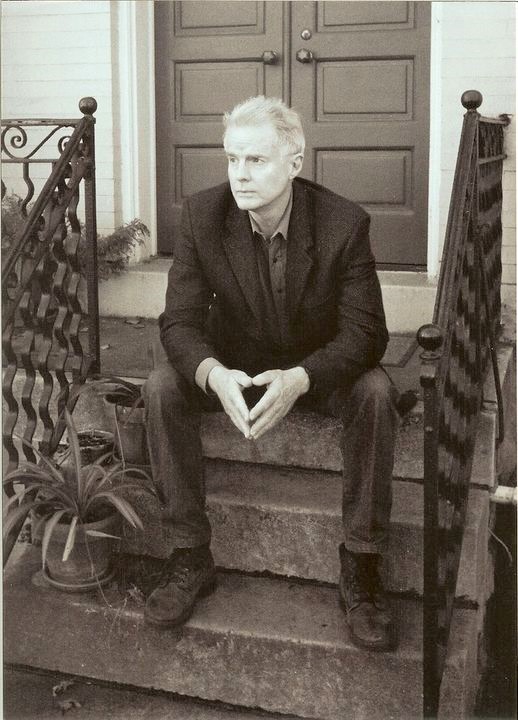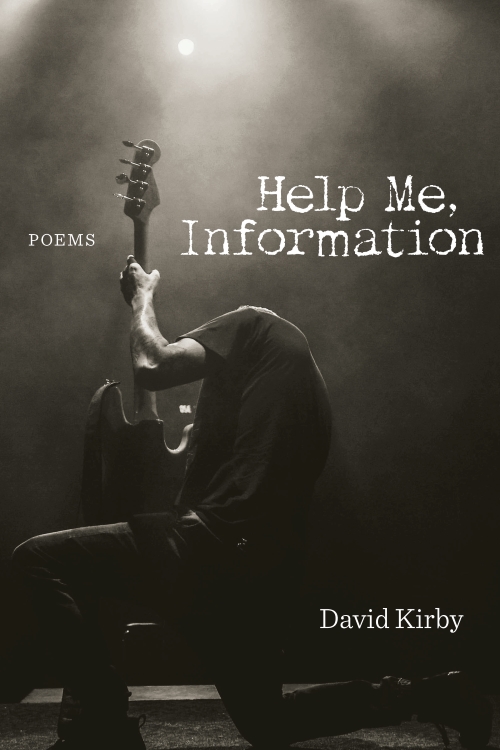I’m actually looking for another street when I turn intothe Via Tornabuoni, named for the Tornabuoni family and specifically its patriarch, Giovanni, banker and patronof the arts in Florence, where the street named after him is located and in which I am now thinking of neither Giovanni nor his family but of the word “Tornabuoni” itself, which means“good turn” of the type that Wellesley College professor Katharine Lee Bates took in 1893 when she and some otherteachers were summering in Colorado and decided to hire a wagon and go all the way to the top of Pikes Peak, where she found herself very tired, though “when I saw the view,”Bates says, “I felt great joy. All the wonder of America seemed displayed there.” When Bates got backto her hotel room, she wrote the famous opening lines to “America the Beautiful,” which was published two weeks later and sung to tunes people already knew, notably “AuldLang Syne.” Another meaning of “good turn” is to do someone a favor. “I slept and dreamt that lifewas joy,” says Tagore. “I awoke and saw that life was service. I acted and behold, service was joy.” What does that mean, though? Service could meandishing up meals at the soup kitchen or escorting the blind across busy intersections, but what is not service as long as it bringsjoy to others? One of Naomi Ginsberg’s letters to her son reads, “Get married Allen don’t take drugs love, your Mother.” Allen, thanks for not listening to your mom. You did the worlda favor by just being yourself and writing those great poems. “The best minds of my generation . . .loned it through the streets of Idaho seeking visionary indian angels who were visionary indian angels . . . . Dreams! adorations! illuminations! religions! the whole boatloadof sensitive bullshit! . . . Real holy laughter in the river! They saw it all.” Wait, I’m lost again. Where’sthe street I’m looking for? Yet here is the church of Santa Maria Novella and its Tornabuoni chapel with Ghirlandaio’s grand cycle of frescos depicting the life of Mary. In one frescoshe’s marrying Joseph as the other suitors break their sticks and raise their hands in anger, and no wonder:how dishy she is! “She is of an attractive and ideal height,” said Lorenzo de Medici, “the tone of her skin fresh but not glowing, her demeanor gravebut not proud, sweet, and pleasing, without frivolity or fear.” Then Jesus is born. He’s a baby. He doesn’t know anything,yet he knows everything: that we die, that the world is as beautiful as ever even when we’re no longer in it. Even now you see women as lovely as Mary in the streetsof Florence and babies as wise as Jesus—in any street, really, in any town. The Tornabuoni Chapel is open every day.Anybody can walk in and look at these works of heart-stopping beauty. You don’t even have to believe in God, just miracles.
One Good Turn
Feature Date
- January 18, 2022
Series
Selected By
Share This Poem
Print This Poem
“One Good Turn” from HELP ME, INFORMATION: by David Kirby.
Published by LSU Press August 11th, 2021.
Copyright © 2021 by David Kirby.
All rights reserved.
Reproduced by Poetry Daily with permission.

David Kirby teaches at Florida State University. His collection The House on Boulevard St.: New and Selected Poems was a finalist for both the National Book Award and Canada’s Griffin Poetry Prize. He is the author of Little Richard: The Birth of Rock ‘n’ Roll, which the Times Literary Supplement of London called “a hymn of praise to the emancipatory power of nonsense” and was named one of Booklist’s Top 10 Black History Non-Fiction Books of 2010. His latest books are a poetry collection, Help Me, Information, and a textbook modestly entitled The Knowledge: Where Poems Come From and How to Write Them.
"Kirby . . . reminds me of the way a poem can work: how its language can say one thing and mean another, and how we can be moved by the musicality of words, finding meaning in their sound."
—Natasha Trethewey, New York Times
"The world that Kirby takes into his imagination and the one that arises from it merge to become a creation like no other, something like the world we inhabit but funnier and more full of wonder and terror."
—Philip Levine, Ploughshares
Poetry Daily Depends on You
With your support, we make reading the best contemporary poetry a treasured daily experience. Consider a contribution today.




